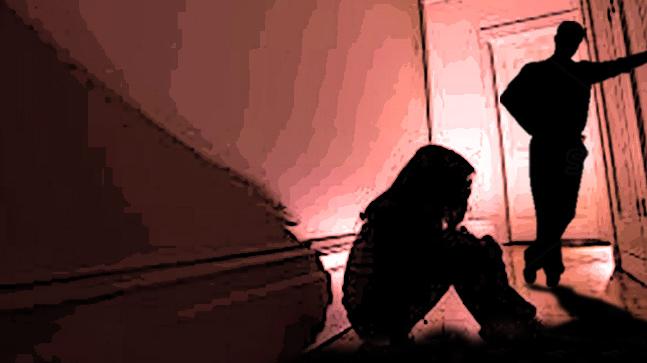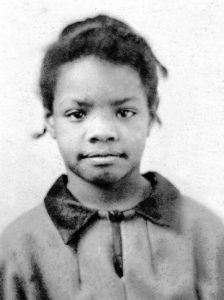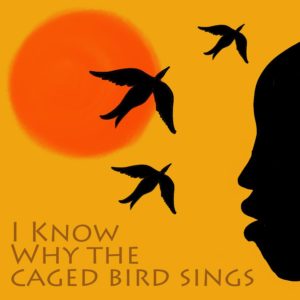
She was raped at 8 and the abuser spent all of one day in jail
(Editor’s Note: We found this sad but inspiring story on the Jon S. Randal Peace Page in Facebook. We’re not sure who wrote it, but we felt compelled to publish it because of its importance — especially as we witness women today shamed and questioned for not “coming forward 36 years ago…” by the president of the United States.)
*****
She was raped at the age of 8. Her rapist was found guilty, but spent only one day in jail. After he was released, he was murdered. Because of this, she became mute for almost 5 years, believing her “voice killed him.” “I killed him that man. because I told his name. And, then I thought I would never speak again, because my voice would kill anyone …”

Her name was Marguerite Ann Johnson. Later in life, she would change her name . . . to Maya Angelou.
During this time, this period of suffering, this period of shame and guilt, this period of silence that she “developed her extraordinary memory, her love for books and literature, and her ability to listen and observe the world around her.” A teacher and friend of the family helped Angelou speak again, introducing her to the world of books with authors such as Charles Dickens and William Shakespeare.
When she finally did speak, she said she had a lot to say.
Maya Angelou became a voice for women, a voice for the black community, garnering respect and admiration for her honesty.
She would say, “There is no agony like bearing an untold story inside of you.”
Angelou was challenged by her friend, author James Baldwin, to write an autobiography, which became “I Know Why the Caged Bird Sings”. The book would be critically acclaimed, but banned in schools and libraries because of its honest depiction of rape.
 When asked by an interviewer why she wrote about the experience, she indicated that she wanted to demonstrate the complexities of rape. She also wanted to prevent it from happening to someone else, so that anyone who had been raped might gain understanding and not blame herself for it.
When asked by an interviewer why she wrote about the experience, she indicated that she wanted to demonstrate the complexities of rape. She also wanted to prevent it from happening to someone else, so that anyone who had been raped might gain understanding and not blame herself for it.
She would also later write another book titled “Letter to My Daughter”, which was dedicated to the daughter she never had but sees all around her.
In the book, she says, “You may not control all the events that happen to you, but you can decide not to be reduced by them.”
She would also write in her poem, “And, Still I Rise”:
“Did you want to see me broken?
Bowed head and lowered eyes?
Shoulders falling down like teardrops.
Weakened by my soulful cries…
You may shoot me with your words,
You may cut me with your eyes,
You may kill me with your hatefulness,
But still, like air, I’ll rise…”
(From the Jon S. Randal Peace Page on Facebook)

